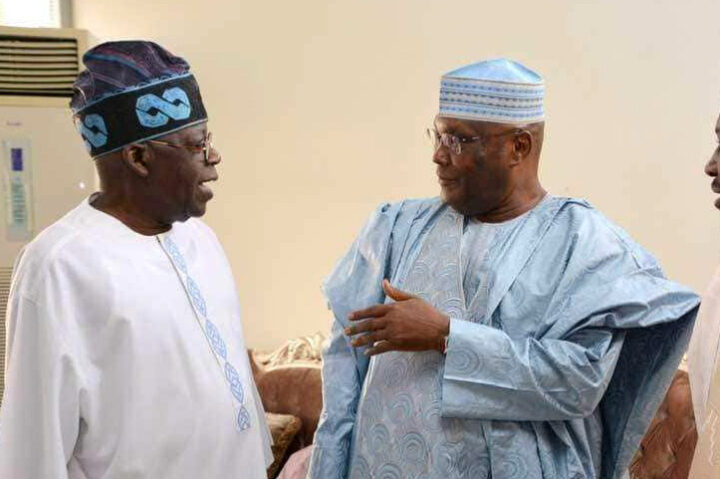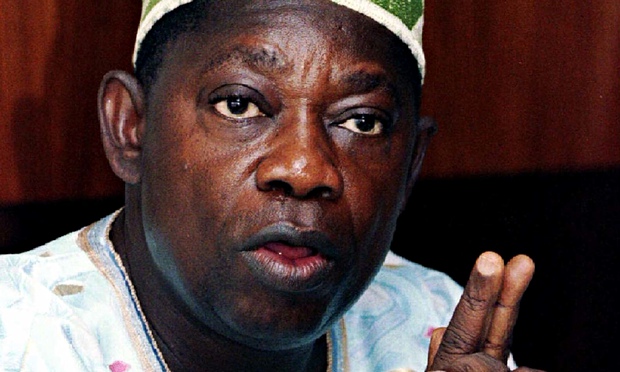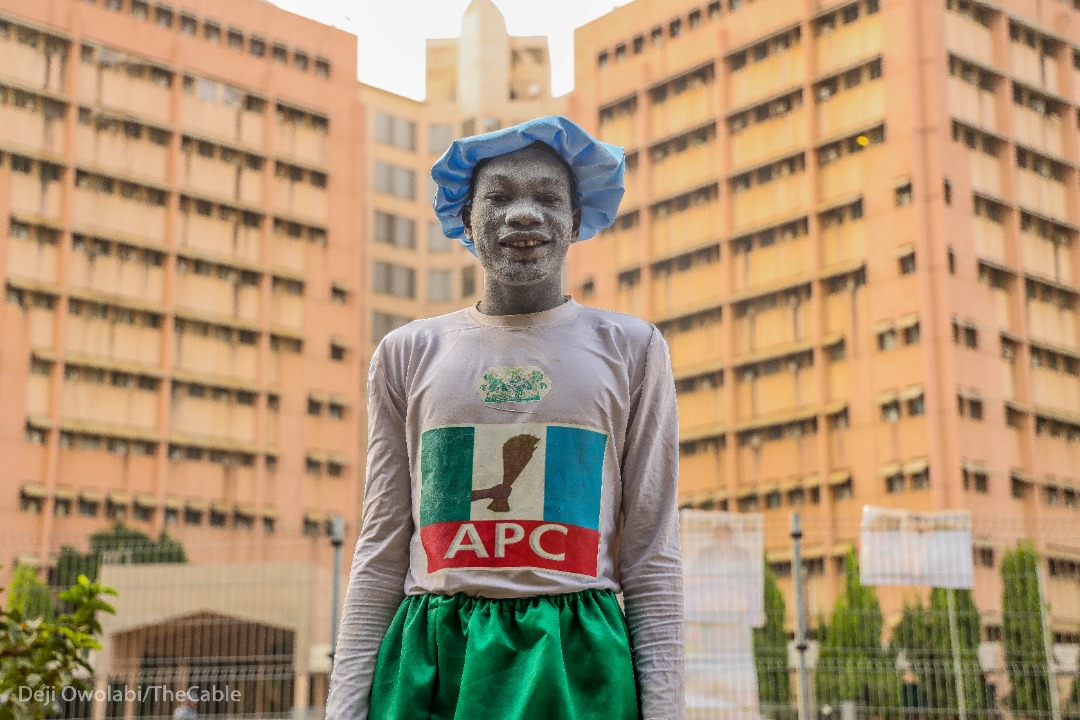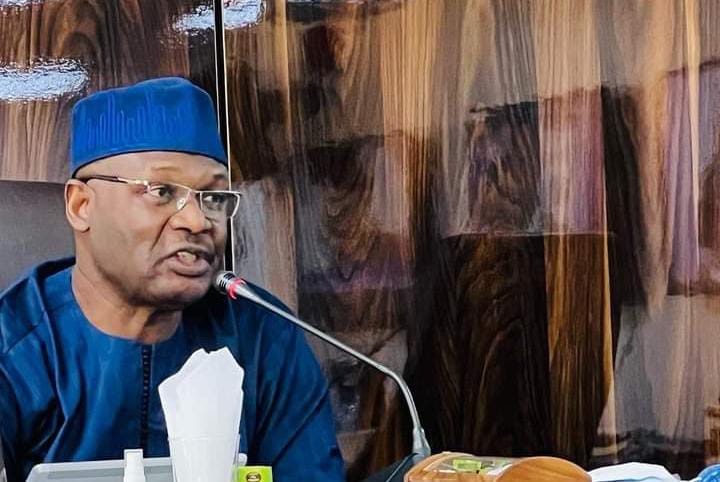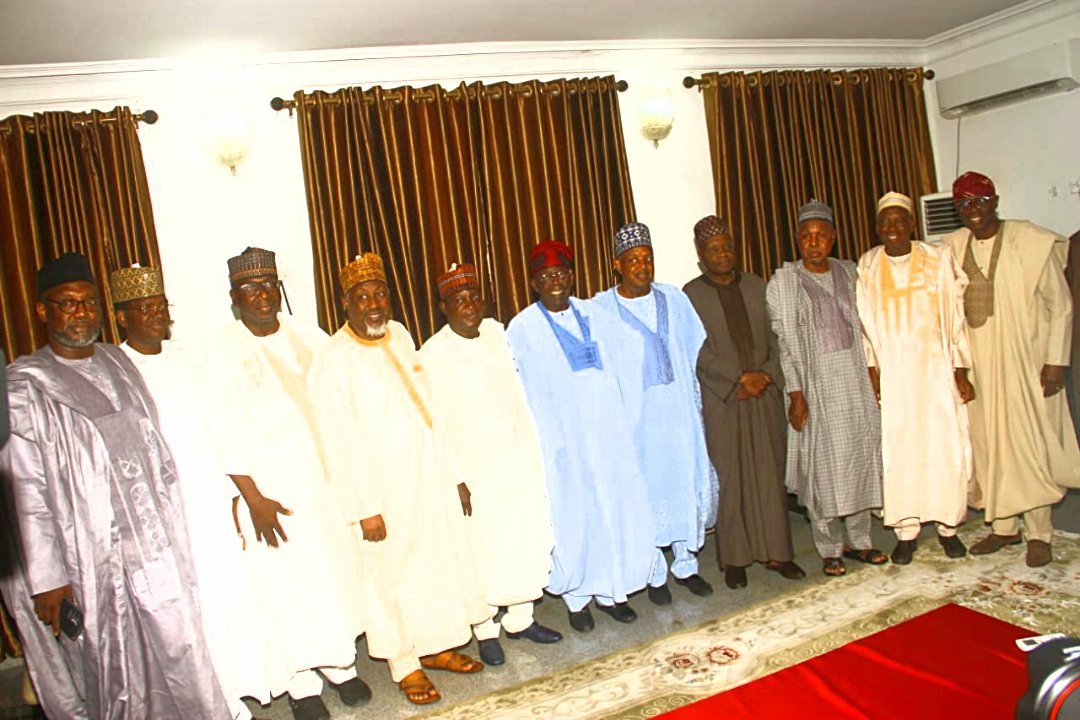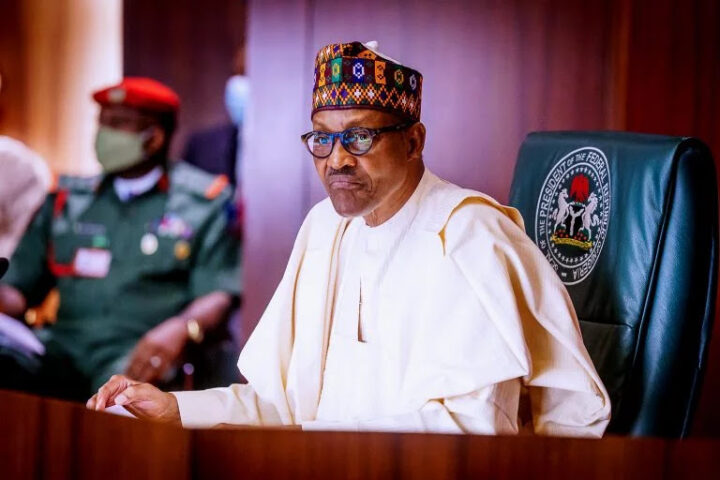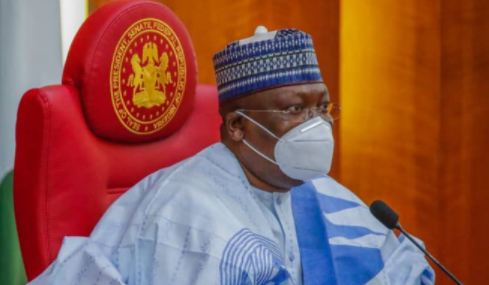To make this brief I will be looking at and comparing the economic agenda as advertised, of three top contenders – Bola Ahmed Tinubu of the APC, Atiku Abubakar of the PDP, and Peter Obi of the Labour Party. This are not the only contenders, but the two parties that INEC has been promoting – APC and PDP – have a clear edge because the majority of our folks are illiterate and so cannot process a switch from one party to a new one very easily. Peter Obi of the Labour party – a latter day arrival – seems to enjoy some social media noise which may or may not translate to votes.
There are also other very articulate contenders such as the philosophical Adewole Adebayo of the SDP, the eloquent Malik Ado-Ibrahim of the YPP, the very grounded Yabagi Sani of the ADP, and the bone in government’s throat, Sowore of the AAC. I will come around to some of those as they reveal their plans.
Personally, among the three I am looking at today, I am excited by the Tinubu manifesto. Here are some of his official promises:
Bola Tinubu
Advertisement
- 25% annual budget for education
- 10% annual budget for health
- Decentralisation of police
- Introduction of commodity exchange
- Total deregulation of oil market and building if national storage to sustain supply
- Stimulation of production and manufacturing for export
- Target of 15,000MW generation and distribution of electricity
- 12% GDP growth year-on-year for four years.
- Establishment of six Regional Economic Development Agencies
Titled ‘My Vision for Nigeria’, Tinubu promised in the document, “a nation transformed into greatness, the pride of Africa, a role model for all black people worldwide, and respected among all other countries. A vibrant and thriving democracy and a prosperous nation with a fast-growing industrial base, capable of producing the most basic needs of the people and exporting to other countries of the world. A country with a robust economy, where prosperity is broadly shared by all irrespective of class, region, and religion… A nation where its people enjoy all the basic needs, including a safe and secure environment, abundant food, affordable shelter, health care, and quality primary education for all… I will focus on stimulating jobs, which will be my top priority as president. I will get Nigeria to work by launching a major public works program, a significant and heavy investment in infrastructure, and value-adding manufacturing and agriculture. My administration will build an efficient, fast-growing, and well-diversified emerging economy with a real GDP growth averaging 12% annually for the next four years, translating into millions of new jobs during this period. Tinubu also promised to create six new regional economic development agencies which will establish sub-regional industrial hubs to exploit each zone’s competitive advantage and optimise their potential for industrial growth. Supply will come from local refineries, and the forces of demand and supply will determine the price of petroleum products…My administration will establish a National Strategic Reserve for Petroleum Products to stabilize supply during unexpected shortages or surplus periods. This will eliminate any form of product shortages and prevent wild swings in prices”.
Atiku’s promises
For the former vice president, he is sticking to his belief in liberal capitalism, something he had always pushed since he had been running for president. He is a core capitalist and believes in the power of capital and entrepreneurship to transform Nigeria. To that extent he promises the following, officially:
Advertisement
- A comprehensive objective of providing a more hospitable environment for businesses to thrive.
- Thriving businesses would create jobs and wealth for Nigerian citizens.
- Reaffirm the criticality of private-sector leadership and greater private sector participation in development; while repositioning the public sector to focus on its core responsibility of facilitation.
- Break government monopoly in all infrastructural sectors, including the refineries, rail transportation and power transmission and give private investors a larger role in funding and managing the sectors.
- Allow the market greater leverage in determining prices.
- Establish a strong and effective government that guarantees the safety and security of life and property
- Build a strong, resilient, and prosperous economy that creates jobs and lifts people out of poverty
- Promote a true federal system which will provide strong federal government to guarantee national unity while allowing the federating units to set their own priorities
- Spearhead education reform so it is driven by innovation, science, and technology.”
Peter Obi
Mr Obi has positioned himself in the hearts of many as a no-nonsense cost-cutter. He speaks much about his frugality during his stint in Anambra state as governor. He rightly ridicules the profligacy that has permeated Nigeria from federal to local government. He has also recently traveled to 31 countries around the world to find out how they repositioned their nations. He looks to be what human resource people call a resource investigator as we as a monitor evaluator.
Apart from the crucial, existential need to stop profligacy and be more sensible in government spending, I wait to hear more coherently and forcefully what he has to say in terms of growing the pie. I scoured the internet to find the following ideas he has espoused as he traveled all over the country:
- Move Nigeria from consuming to producing nation.
- Replace sharing formula with production formula.
- Invest in Nigeria’s landmass.
- Stop borrowing for consumption.
- Invest in education.
- Build human infrastructure before physical infrastructure.
- Stop corruption, sick leadership, irresponsible spending.
- Invest in MSMEs. Government should give MSMEs ideas and grants.
- Government should pull people out of poverty.
- Cut down cost of governance.
- Do away with Office of First Lady.
My critique
Advertisement
Let me state again that I have a bias for Bola Ahmed Tinubu and that is because of the slant of his stated ideas. Promising 25% annual budget for education and 10% annual budget for health may sound very ambitious but it tends towards the United Nations requirements and our needs in that sector. Someone already criticized the 25% spend on education but was reminded that we have over 15 million children on the streets – a problem which requires a major emergency. Decentralization of police is long in coming. Nigeria has been grappling for long with the concept of a commodity exchange, which can help farmers sell in bulk ahead of time and cut post-harvest losses. Not a bad one. The idea of having a strategic reserve for fuel is novel and commendable. Ditto the targeting of double-digit economic growth. I have been an advocate of challenging ourselves to be far more productive for long. The targeting of 15,000 megawatts of electricity through further deregulation of that sector (having more GenCos and DisCos covering smaller jurisdictions, and pressing in other sources of energy – such as renewables – is also modest and commendable.
Tinubu promises a major public works and infrastructure focus, which will help in also boosting jobs in the country, but also includes that we need regional hubs for development – maybe not new bureaucracies but an initiative to focus on value addition to all the basic farm products from our regions, reduce post-harvest loss, and help target foreign markets while expanding the cultivation of our arable land. This is just for starters. I like his meshing of capitalist and social-capitalist ideas. We cannot ignore our people in the equation of development.
It must however be said that another manifesto document came out a few days back, written by Messrs Femi Pedro and Babatunde Ogala, which was slightly different from the above. I believe that a more comprehensive manifesto will come out shortly.
For Alhaji Atiku Abubakar, his economic goals are decidedly rooted in liberal economics. I also must confess that I am suspicious of that narrative, as Nigeria has tried same for decades but with disastrous results. Atiku wants businesses to thrive and believes that it is businesses that will provide jobs. Well, true, but companies are not in the business of creating jobs, but maximizing profits. A reliance on private sector may be disastrous. The private sector did not campaign to make the lives of our people better, politicians did. The entity with the biggest responsibility to ensure people have work to do, is the government.
Advertisement
Again Alhaji Atiku promises to break government monopoly by selling off NNPC, TCN, and rail transportation. This is good on paper, but we should remember that our privatization history, especially under Messrs Obasanjo and Atiku, has been very dismal and only marginally successful. Privatization is not a silver bullet. Is there anything to sell in the refineries which have been vandalized, sabotaged and cannibalized in part? Are we going to sell to people who will cannibalize them further and asset-strip them? Also, the rail system everywhere has an input of government and people enjoy subsidy. You may not be able to run that commercially for now, else it comes in too expensive. I have studied this extensively. Atiku unabashedly comes in from an extreme right angle. He may appeal to many of our liberal market, banker-type with his market economy refrain. I will only remind him that many people who love the ‘market’, have also come running for taxpayer bailouts from governments in the past – a case of privatization of losses and socialization of losses. Are capitalists conmen? Because the market is often flawed, rigged and mal-regulated in climes like ours.
Obi
Advertisement
No one can ignore the timeliness of some of Obi’s ideas. But they are skewed towards costs saving; moving Nigeria from consuming to producing nation, stop borrowing for consumption, cut down cost of governance, do away with Office of First Lady, stopping corruption and the sickness in leadership… all these ideas are good and much needed in Nigeria because we have already gone too far with our profligacy. I also like Obi’s take on investment in education but I think the comparison of human capital investment and physical infrastructure is unnecessary.
For one, this country has been training people for decades now, who should be able to step up and do any work. But yes, we are hemorrhaging human capital by leaving 15 million children on the streets. Still, let government continue with physical infrastructure but let government use mostly Nigerians and keep the money within the family. Obi comes from a tangent and talks about investing in our landmass. I align with this, especially if Obi is focused on meeting our food needs, banishing importation of food, and targeting Africa with trade. We have much arable land that we haven’t touched. But he veers off by repeating that government should invest more in MSMEs, suggesting that government gives MSMEs ideas and grants. Nigeria already has 42 million of MSMEs, where over 41 million are micro – businesses of people surviving on a thread. I dare say that no nation has ever become great based on MSMEs who are all selling imported products.
Advertisement
Drive around Nigeria, go to the markets, look at the stores. All of them, bar none, are selling imported products. It is a sad scenario and portends more danger ahead. Somehow, we left our flanks open, took some of the toxic advices from you-know-who, and by the time we open our eyes, we were producing nothing but importing everything from abroad. Those guys convinced us that markets (where is Atiku) will help us balance everything out. The result has been more than disastrous.
If Tinubu can carry through, I will say he has the more radical ideas of the three. Double-digit growth, public works and mass mobilization for mass employment and even our security crisis, commodity exchange, and a strategic fuel reserves sounds like someone has been thinking deep or listening to a smorgasbord of intelligent, deep, and out-of-the-box ideas. I believe others will finetune their ideas and come back strong. I will also review others like Wole Adebayo of SDP, Yabagi Sani of ADP, Ado-Ibrahim of YPP, and Kachikwu of ADC. Promises to be an exciting season.
Advertisement
Views expressed by contributors are strictly personal and not of TheCable.
Add a comment

